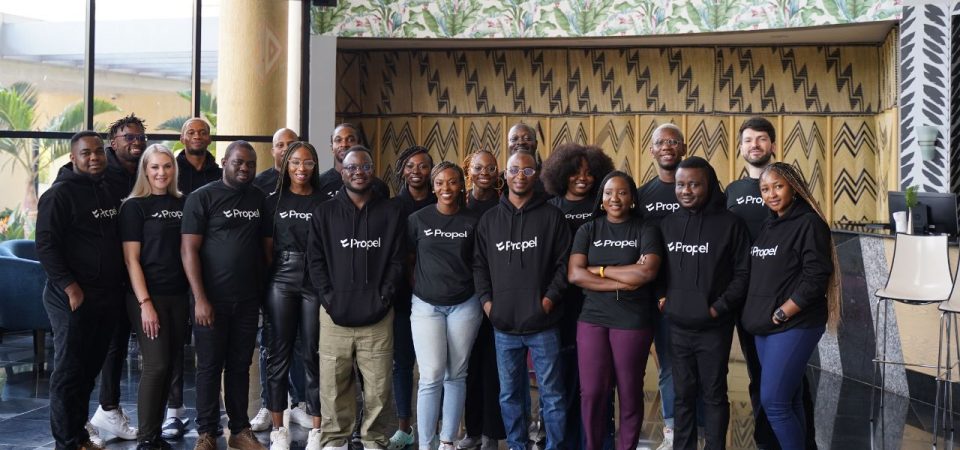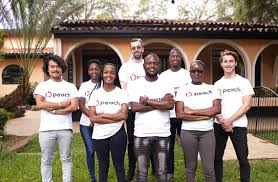In a seed round led by Disruptech Ventures, Algebra Ventures, and Lorax Capital Partners, Egyptian fintech Connect Money raised $8 million. One Stop and MDP also participated, the company said in a statement recently.
Ayman Essawy, Marwan Kenawy, and Momtaz Moussa started the company in 2023. They had already started Dsquares, an Egyptian reward solutions company, in 2012 and Lucky One, a cashback app, in 2019. The CEO of Connect Money is Ayman Essawy. The CEO of Dsquare is Marwan Kenawy, and the CEO of Lucky One is Momtaz Moussa.
Read also: Ghana unveils comprehensive guidelines for investment-based crowdfunding
Lucky One started as a business within Dsquares, but Connect Money is now standalone, with a brand-new cap table. Lucky One/Dsquares has acquired more than $50 million in funds.
What Makes Egyptian Fintech Connect Money Stand Out in the Market?
Connect Money has created a “white-label” card issuing tool that lets companies offer debit and credit cards to customers without having to build their fintech infrastructure or get licences from the government. A company statement says the new business has already given out more than 300,000 cards.
The platform offers end-to-end managed services, including card issuance and distribution, KYC management, customer support, fraud monitoring, and other banking back-office operations. It also offers mobile banking app development and handles instalment operations management for clients wanting to offer its PayLater feature to their customers.
Along with using Connect Money, companies can give their customers rewards, cashback, and discounts from more than 20,000 of its partners. The startup gathered this using its network and knowledge from Lucky One and Dsquares. Supported card types on Connect Money’s site include Visa, Mastercard, and Meeza, which is the local payment method for transactions in Egypt.
Connect Money’s Impact in Africa and the Middle East
Connect Money will develop five African and Middle Eastern business verticals with the cash. With an emphasis on Africa, the company hopes to grow in Egypt, Morocco, and other markets. The monies will support innovation, technology, and service expansion.
Co-founder and CEO of Connect Money Ayman Essawy said, “We are immensely proud to announce the closure of our seed funding round, a testament to the confidence and support extended by our investors. This sizeable early investment highlights our hyper-growth potential as we reduce pain points for financially empowered firms.
Read also: Access Bank acquires majority stake in Tanzania’s ABCT
“We are proud to partner with Connect Money to revolutionise embedded finance in MENA,” said Disruptech Ventures Managing, who joined Mohamed Okasha. Connect Money’s expertise, deep market knowledge, and cutting-edge integrated tech will improve financial services accessibility and efficiency, benefiting the fintech-enabled ecosystem, transforming banking operations, and positioning Egypt as a hub for embedded finance internationalisation.
Algebra Ventures General Partner Omar Khashaba said: “Ayman is an incredible entrepreneur who co-founded some of the most successful startups in MENA, including Dsquares and Lucky. We’ve supported him and are pleased to help him fill the region’s significant fintech infrastructure gap.”
Other well-known Middle Eastern startups in this field are NymCard (which has raised over $35 million in funding) and SimpliFi.






